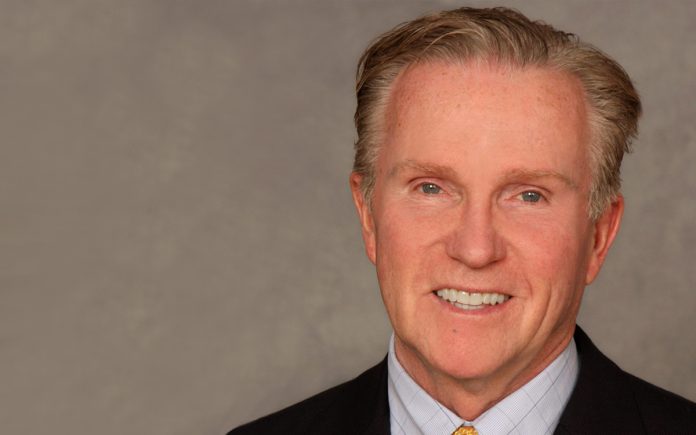Note: this is a highly disguised story for reasons that will be immediately obvious.
I got an invitation a few months ago to give a Grand Rounds at a medical school that had suffered the loss of a resident to suicide. But before accepting, I was told there was a catch.
The resident’s parents, well-known in the community, had not accepted that their daughter had taken her own life and I would not be able to use the word “suicide” in my lecture title or learning objectives. I hesitated at first because I wondered how I could craft an authentic presentation if I felt so duplicitous inside. And worse, would I be enabling the stigma associated with suicide by being elliptical and evasive and not addressing the elephant in the room. But when I learned how much the residents and fellows, program directors, and faculty were grieving the loss of this talented and beloved woman, I couldn’t say no. I managed to come up with an acceptable title and brief synopsis that still captured key points I hoped would both educate and soothe.
I’ve received some interesting feedback from my colleagues who work at the interface of physician health and suicidology, as I do. Some have volunteered that they would have respectfully declined the invitation. Akin to what I’ve mentioned above about enabling, they argue that we can’t go back into the shadows and they would insist on transparency. Others, despite sympathizing with the young woman’s parents, argue that those left behind (i.e. the survivors), have rights too and are entitled to grieve with honesty and thoroughness. This included the notion that when the resident killed herself she forfeited that privacy too. One person suggested that the session be held in camera and that all attendees would be sworn to secrecy, implying that the parents would never find out. But most were very supportive, appreciated the complexity of this, and wished me well.
MORE: Courage in the Face of Heartbreaking Loss
Their good wishes worked! The event was highly successful. I intentionally kept my didactic presentation brief and used a minimum of slides. I talked about common emotions and behaviors we experience after the death of a medical colleague. I coupled this with the denial of vulnerability that is so common in doctors—the idea that we’re immune to the things that befall our patients—and how this is reinforced by our medical culture of ruggedness and invincibility. I explained the psychological phenomenon of “meaning-making.” I quoted from my muses, physicians who have taught us so much about dying, such as Drs. Abraham Verghese, Sherwin Nuland, and Oliver Sacks. I urged them all to watch the TED Talk by Dr. Lucy Kalanithi, the widow of Dr. Paul Kalanithi, whose landmark book “When Breath Becomes Air” is essential reading for all medical trainees. The Q&A was brisk and robust. And no surprise to the reader, almost every question was about physician suicide!
Working in the world of suicide bereavement for decades has taught me that the parents of this young doctor are not unique at all. First, losing a child (age is immaterial) is one of the most painful losses that a parent can experience. When the cause of death is suicide, the psychological blast is even worse and always crippling. And this can be even more heightened when your child is a physician, because of the ethical issues that some observers attach to suicide in doctors—that we are not supposed to (or be allowed to) kill ourselves. Herein lies more judgment that is heaped upon the self-reproach that these fractured folks are already trying to live with. Is it any wonder that denial or something less, like doubt or questioning, is the only way to get through each day of early bereavement?
I hope the Grand Rounds not only eased everyone’s journey of healing but also paid respect to their trainee’s parents. They are owed this.
Dr. Myers is Professor of Clinical Psychiatry and immediate past Vice-Chair of Education and Director of Training in the Department of Psychiatry & Behavioral Sciences at SUNY-Downstate Medical Center in Brooklyn, NY. He is the author of 8 books, the most recent of which are “Why Physicians Die by Suicide: Lessons Learned from Their Families and Others Who Cared” and “The Physician as Patient: A Clinical Handbook for Mental Health Professionals” (with Glen Gabbard, MD). He is a specialist in physician health and has written extensively on that subject. Currently, Dr. Myers serves on the Advisory Board to the Committee for Physician Health of the Medical Society of the State of New York. He is a recent past president (and emeritus board member) of the New York City Chapter of the American Foundation for Suicide Prevention.
The views expressed on this blog are solely those of the blog post author and do not necessarily reflect the views of the Psychiatry & Behavioral Health Learning Network or other Network authors. Blog entries are not medical advice.
This post was first published on Psych Congress Network on 11 April 2019









